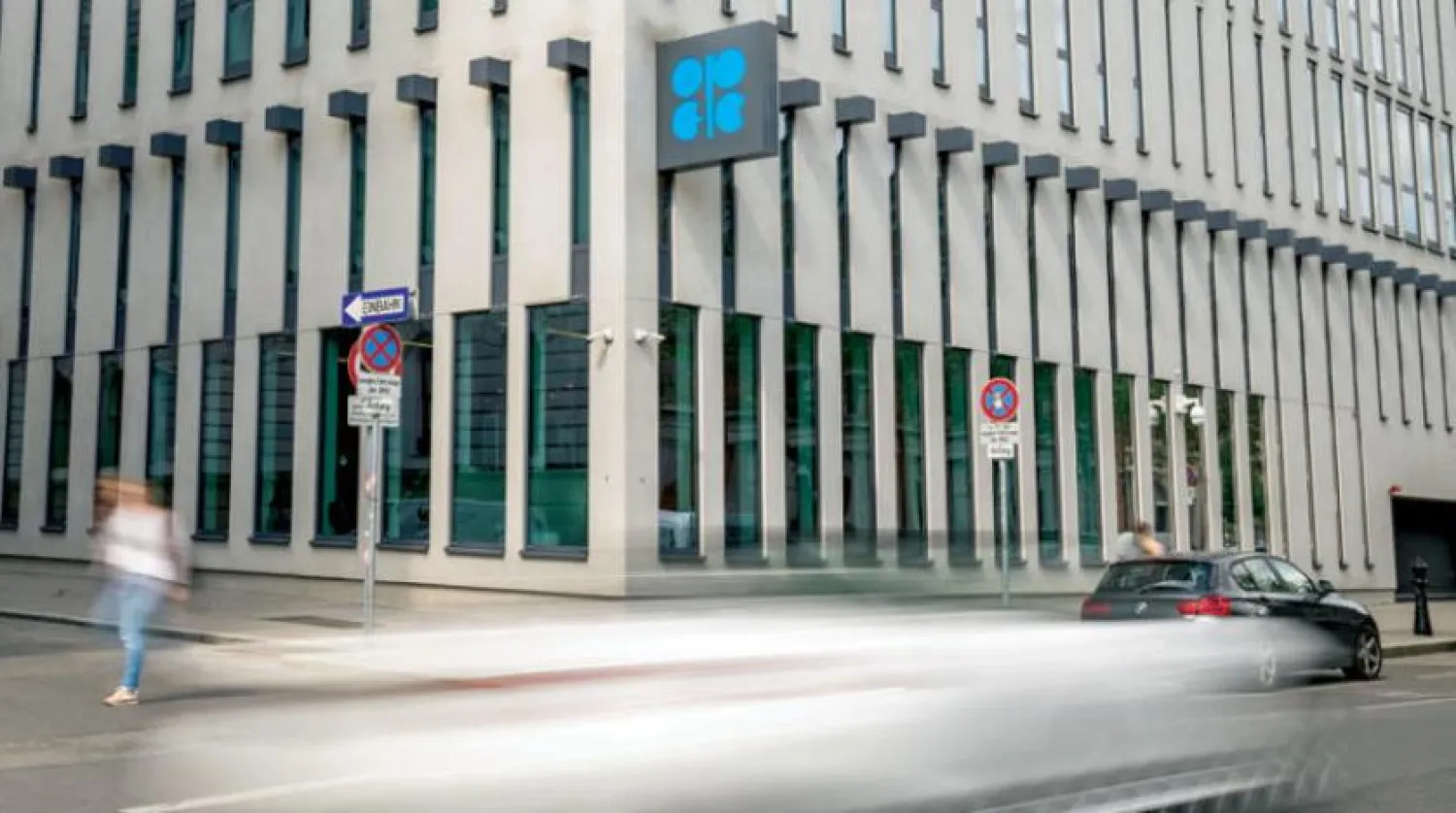OPEC+ agreed on Thursday to another modest monthly oil output increase, arguing that the producer group could not be blamed for disruptions to Russian supply and saying China's coronavirus lockdowns threatened the outlook for demand.
Ignoring calls from Western nations for accelerating output hikes, the group agreed to raise its June production target by 432,000 barrels per day, in line with an existing plan to unwind curbs made in 2020 when the COVID-19 pandemic hammered demand.
In March, crude prices hit their highest since 2008 at more than $139 a barrel after Russia’s invasion of Ukraine exacerbated supply concerns that were already fueling a rally. Benchmark Brent crude traded above $111 on Thursday.
Two sources present at the meeting said delegates completely avoided any discussion about sanctions on Russia, wrapping up talks in near record time of just under 15 minutes.
“OPEC+ continues to view this as a problem of the West’s own making and not a fundamental supply issue that it should respond to,” said Callum Macpherson from Investec.
The United States has repeatedly asked OPEC to raise production, but the organization has resisted the calls.
OPEC Secretary General Mohammad Barkindo, in a speech seen by Reuters to a meeting of the OPEC+ Joint Technical Committee which took place on Wednesday, said it was not possible for other producers to replace Russian supply.
"What is clear is that Russia's oil and other liquids exports of more than 7 million bpd cannot be made up from elsewhere. The spare capacity just does not exist," he said.
"It is likely that OPEC will stick with its plan despite ongoing instability relating to the Russia-Ukraine conflict," XTB analyst Walid Kudmani told AFP earlier, citing "prospects of falling demand due to widespread lockdowns seen in China as a result of rising Covid cases".
"The slowing activity in China is certainly a factor that will justify their decision to stay pat, faced with the mounting international pressure to increase production to address the worsening global energy crisis," Ipek Ozkardeskaya, an analyst at Swissquote bank, told AFP.
This is "a reason to remain cautious," said Fawad Razaqzada, analyst at City Index and Forex.com.
"If it (the EU) manages to convince its members to ratify the plan... then this will have a huge impact on Russian oil exports," Razaqzada said.
The Kuwaiti oil minister said on Thursday that the OPEC+ strategy of monthly crude production increases ensures market stability and balance.
Minister Mohamed al-Fares also said that the group was monitoring coronavirus lockdowns in Chinese cities and any possible supply disruptions.









